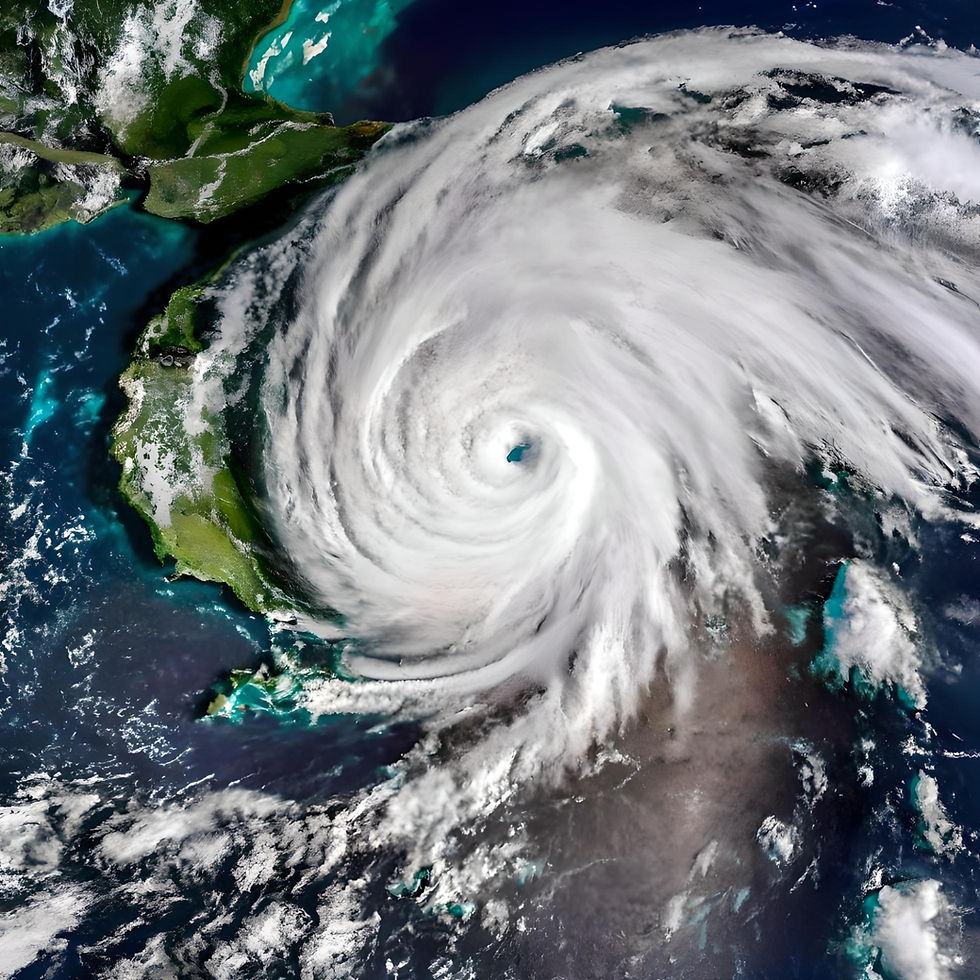Why COP30 matters for the Dominican Republic’s Youth
- Pamela Abreu | Youth for COP Participant
- Nov 4, 2025
- 3 min read
According to the United Nations, young people represent around 16% of the global population. In Latin America and the Caribbean, there are more than 156 million youths aged 15 and 29, nearly one quarter of the region’s population. This highlights the importance of incorporating young Latin-Americans and Caribbeans in achieving the 17 SDGs in the Agenda 2030, as it has been created for all nations and types of population without discrimination, where it is included the goal 13 in relation to Climate Action. We young people are constantly learning and updating ourselves with technological advancements, trends, and we have a great influence on demand equality in terms of educational and professional opportunities, non-discrimination and promoting resilience, peace, love for our environment and policies and measurements to protect our planet. As we will lead other generations to come, it is a must for us to not only learn how we can contribute to the reduction of greenhouse emissions in our country but to raise our voice and create awareness when it comes to the challenges that we face in Latin America and Caribbean, to reduce inequity, in terms of security, climate vulnerabilities and risk exposure.
I am one of those young voices. My name is Pamela Abreu Toribio, and I am honoured to speak for more than 6 million of young people in the Dominican Republic with less than 35 years old and for future generations. I am the Head of the Mitigation Department at the National Council of Climate Change, where I focus on actions to reduce greenhouse gas emissions in the country: The energy sector with 62% of the national emissions, 20% the field of waste, 13% on agricultural activities and 5.3% on industrial processes.

Primarily, topics to tackle in the DR are associated with low levels of air quality because of GHG emissions, droughts that provoke water crises in the communities, heat waves, breathing problems and other health issues. Despite being one of the Caribbean’s leaders in renewable energy expansion, with 25% of installed capacity, many communities still face irregular access to electricity and dependence on non-renewable energy, without the guaranteed reception of electricity on the infrastructure and waste management concerns. This contrast underscores the urgent need for a just and inclusive energy transition that leaves no one behind.

The Dominican Republic’s Nationally Determined Contribution (NDC) commits to reducing greenhouse gas emissions by 27% by 2030 while enhancing adaptation in vulnerable areas such as coastal zones, transport, and waste management. These are ambitious goals, but they require sustained international support, particularly in the form of climate finance, technology transfer, and capacity building, for small island developing states like ours. Without adequate funding, implementation remains limited and communities to face the consequences of climate inaction.

Through the Climate Reality Project, on the Youth for COP program, I have been able to understand different approaches to Climate Action and the impact of youth leaders in negotiations. As we approach COP 30 in Belem, Brazil, the message from the Global South must be clear: We need real progress, not just future promises. Climate negotiations need to ensure access to finance and technology that enable us to implement our commitments. For countries like us, adaptation is not optional; it is a priority.
At COP 30, I would seek leaders who strengthen mechanisms for climate finance, accountability, and collaboration between developed and developing countries. As we continue to learn, lead and inspire, we, the youth, remind the world that climate action must move from speeches to reality, because our generation cannot afford to wait.
Disclaimer: The views and opinions expressed in this blog are those of the author and do not necessarily reflect the official policy or position of The Climate Reality Project India & South Asia.










Comments